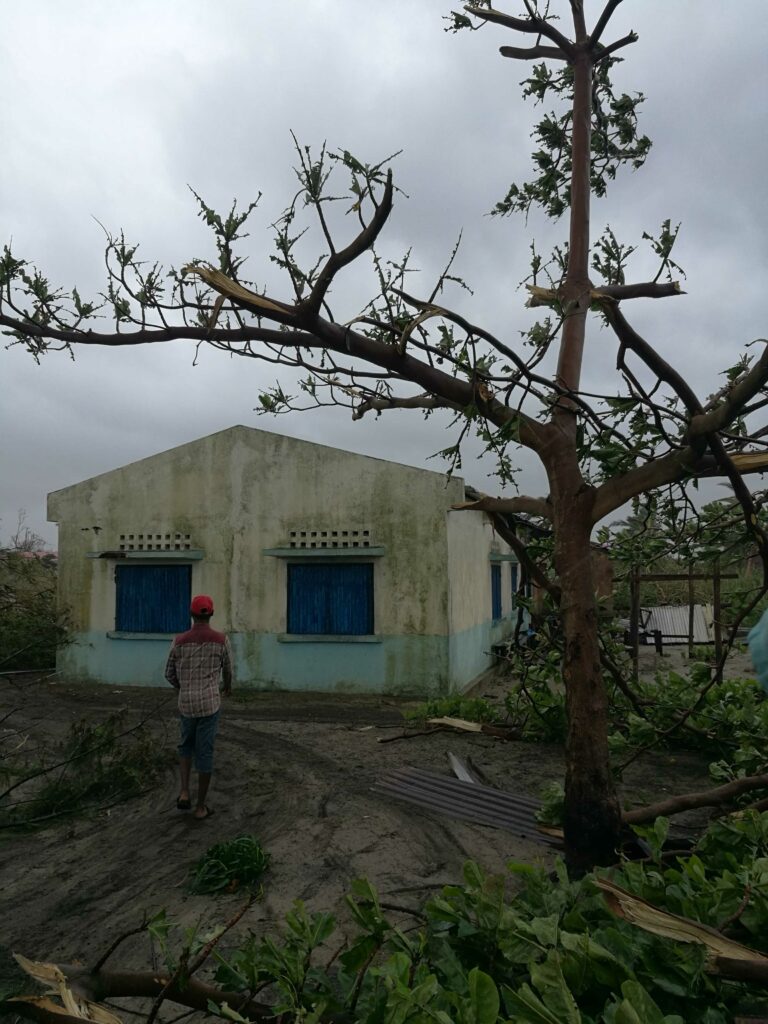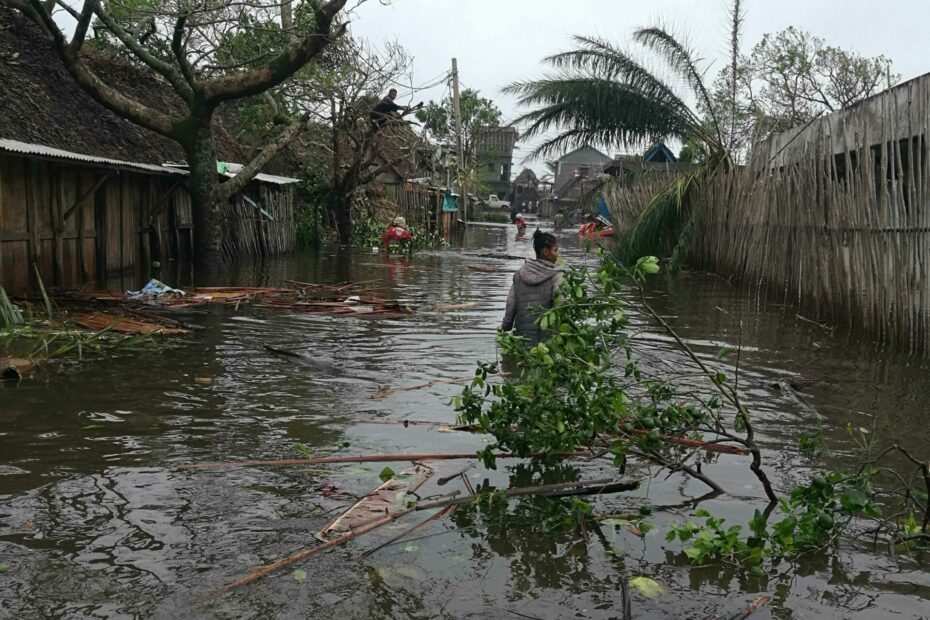A powerful tropical storm made landfall in Mananjary, on the east coast of Madagascar, this weekend. As we begin to assess the damage, we are coming to grips with the full scope of the destruction left in its wake.
Since Operation Fistula opened its Madagascar office in 2019, Mananjary has been the center of our treatment activity. Thirty-two percent of our patients were treated there in 2021. Today, we are left with a hospital that has walls, but no roof, and no glass left in the windows. .
Mananjary is also home to many of our staff. As of last night, our regional coordinator and 20 other members of our team have lost their homes. They — and we — are in shock.
There is no effective way to prepare — logistically or mentally — for the destruction a storm like this will bring. We are fortunate that all our patients, staff and partners are physically safe. But their homes, their possessions, and the communities they belonged to are gone.

News outlets have shown what is left of the communities that were shattered by the intense rain and winds of Cyclone Batsirai: roads have been washed away, roofs snatched off the top of buildings, electricity and running water cut indefinitely.
In Madagascar, Operation Fistula employs a team of 54 Malagasy staff, all of whom play a role in trying to improve the quality of life for women living with what we call mamany lava — or fistula, in English. It’s a childbirth injury that causes incontinence, along with serious social consequences for the women who live with it.
Our primary treatment center — the district hospital in Mananjary — is precisely where Batsirai made landfall. The ground floor of the building that houses our regional office, the operating theater at the hospital, and the Hope Center (where our patients rest and recover) have all been pummeled. There are walls, but little else.
Manakara, another Operation Fistula regional hub where staff reside, and Nosy Varika, where many of our patients come from, were also in Batsirai’s path. By some estimates, 95 percent of Nosy Varika has been decimated.
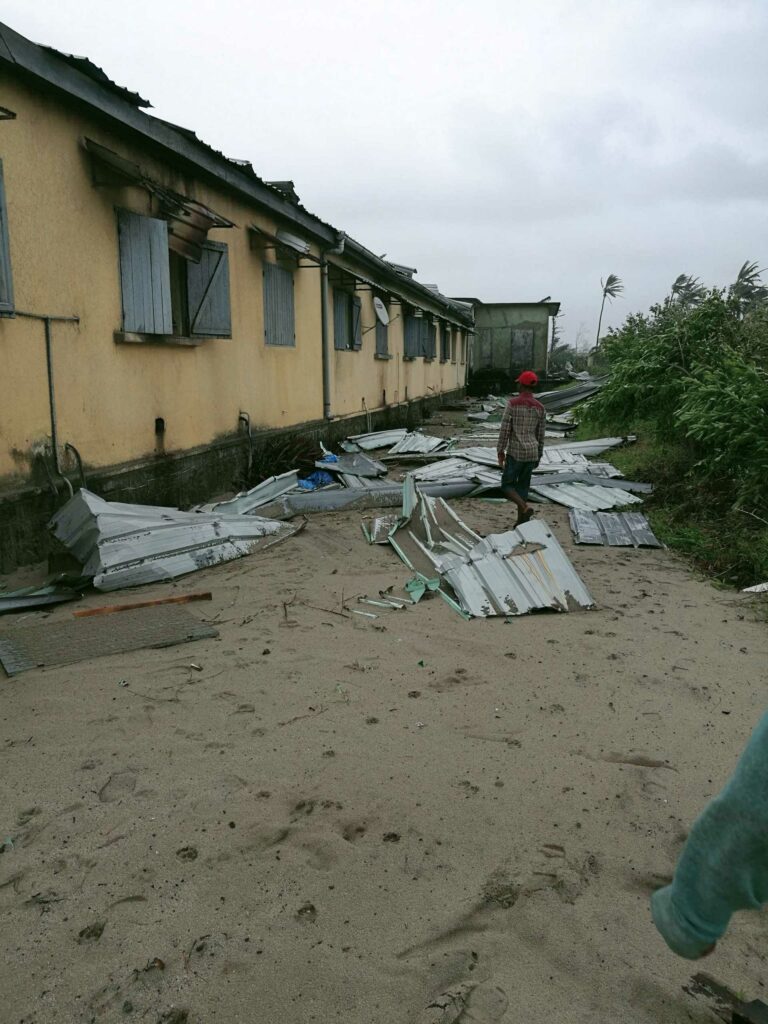
This morning, Dr. Rynah Rakotomanonjy, Operation Fistula’s partner surgeon (whose home was also destroyed), received Madagascar’s President Andry Rajoelina at the district hospital. Together they toured what is left of the facility, where windows have been shattered, roof tiles torn clean off, and an entire vaccine clinic demolished.
Dr. Rynah also showed President Rajoelina Operation Fistua’s Hope Center — were our patients stay before and after surgery, to heal, rest, and process their experience. The building is just walls now. We’re hopeful the beds and mattresses will be salvageable so that it won’t be a total loss.
Two patients were there at the time the storm hit. They are safe, but are worried about their families. Communication has been difficult.
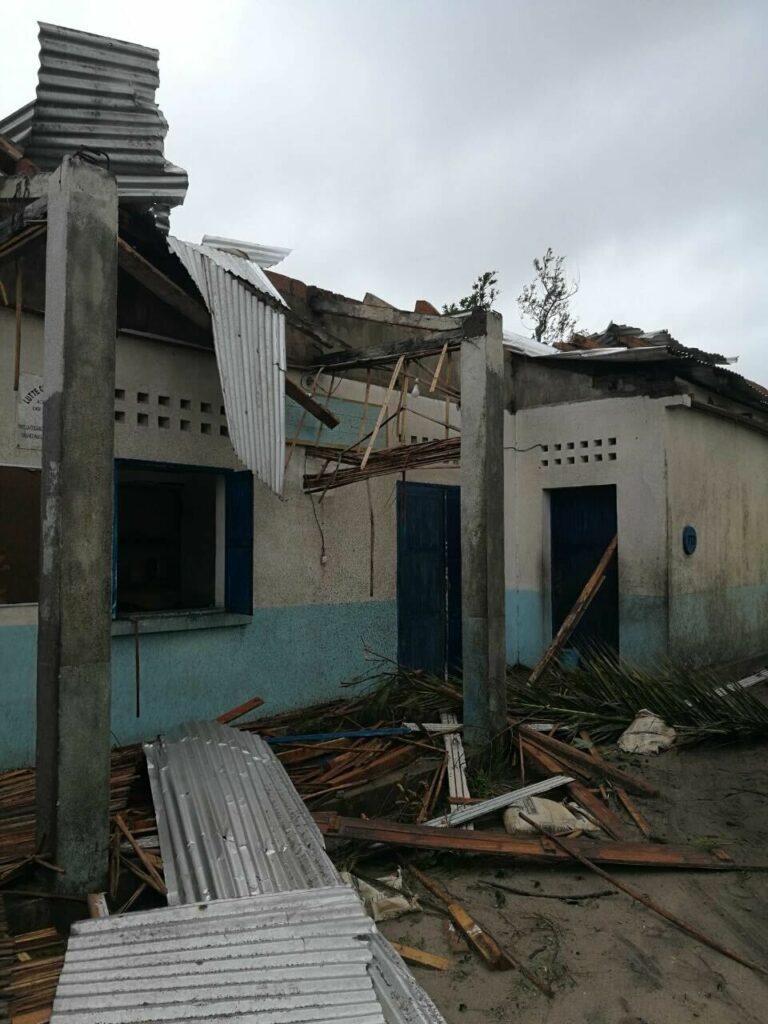

Right now, we’re taking it hour by hour, trying to figure out what’s next. The well-being of our staff and patients comes first, but that support is easier pledged than carried out.
For our staff, we are trying to answer the basic question: what do you need?
But it’s hard for them to put into words what they need.
They need shelter, along with everyone else in their community. Neighbors are helping neighbors, if and however they can.
People want to rebuild, but with so much energy focused on surviving, it will take time. Until bridges are restored and flooding recedes, the roads remain impassable. Once supplies begin to trickle back to the area, there will be steep competition for materials, since everyone will be clamoring for the same supplies. Prices may be three or four times higher than usual.
They also need food, and clean water. But the same supply issues apply — the shops may be open, but they are empty. There is nothing to buy.
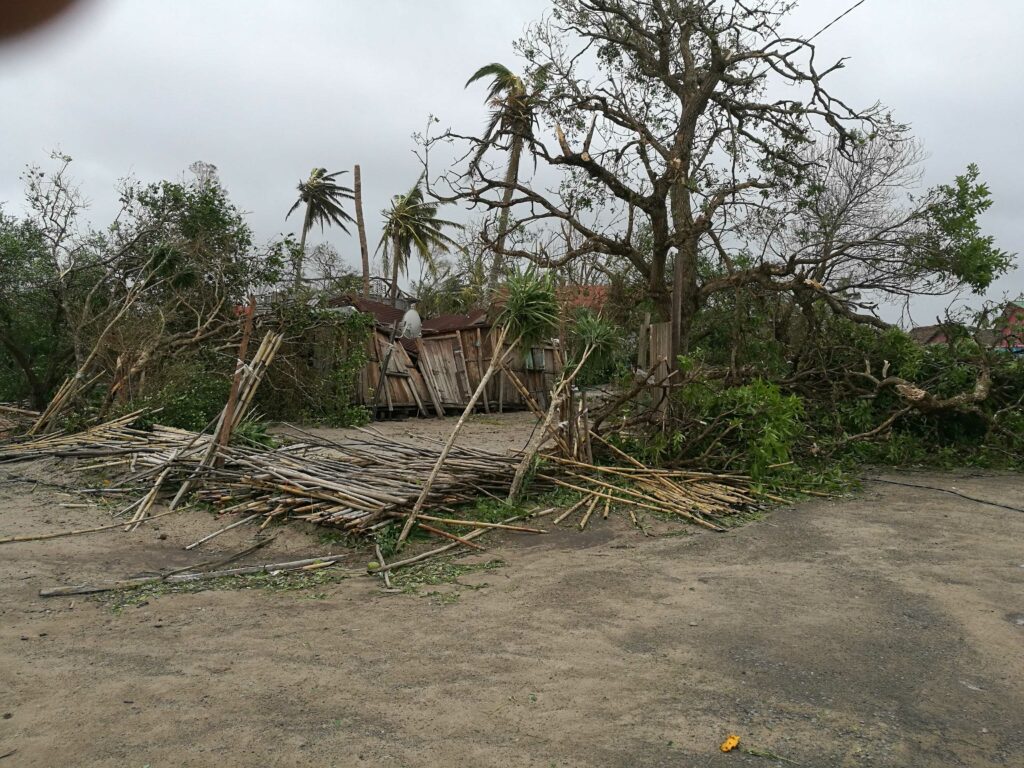
Beyond sending money — which we are doing immediately — we feel a bit helpless here in Antananarivo, and in London. Our regional coordinator, Armel Rakotovao (who lost his own home in the storm), says they are facing everything with whatever humor they can muster, which is a feat in itself.
In the long term, we are aware that this may change our program’s bigger picture. The entire region where Batsirai hit may be recovering for years, and using valuable hospital resources for fistula surgery may not be feasible — if the hospital is even operable again in the months to come.
Beyond that, communities will feel as if they are starting over. Our program relies on deep collaboration with community leaders, and they may feel for the foreseeable future as if they have their hands full just trying to survive.
Operation Fistula exists to improve the quality of life for women living with mamany lava. That won’t change. But we will need to rebuild too. The Mananjary of before is gone, and it’s up to us to figure out what comes next.
